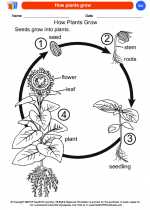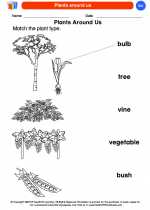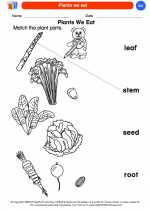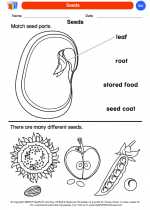Gametes
Gametes are specialized reproductive cells that are involved in sexual reproduction. In humans, the two types of gametes are sperm (male) and eggs (female).
Formation of Gametes
Gametes are formed through a process called meiosis, which is a type of cell division. Meiosis involves two rounds of cell division, resulting in the production of four gametes, each with half the number of chromosomes as the original cell.
Types of Gametes
Sperm: Sperm are the male gametes. They are small, mobile, and have a long tail that helps them swim to the egg for fertilization.
Eggs: Eggs, also known as ova, are the female gametes. They are larger than sperm and contain the nutrients necessary for the early development of the embryo.
Function of Gametes
The primary function of gametes is to combine during fertilization to form a zygote, which will develop into a new organism. During fertilization, a sperm cell fuses with an egg cell, resulting in the formation of a zygote with a complete set of chromosomes.
Study Guide
- What is the process through which gametes are formed?
- Identify the two types of gametes in humans.
- Describe the structure and function of sperm.
- Explain the role of eggs in sexual reproduction.
- What is the primary function of gametes?
[Gametes] Related Worksheets and Study Guides:
.◂Science Worksheets and Study Guides Kindergarten. All About Plants

 Coloring Worksheet
Coloring Worksheet
 Coloring Worksheet
Coloring Worksheet
 Coloring Worksheet
Coloring Worksheet
 Coloring Worksheet
Coloring Worksheet
 Coloring Worksheet
Coloring Worksheet
 Coloring Worksheet
Coloring Worksheet
 Coloring Worksheet
Coloring Worksheet
 Coloring Worksheet
Coloring Worksheet
 Coloring Worksheet
Coloring Worksheet
 Coloring Worksheet
Coloring Worksheet
 Coloring Worksheet
Coloring Worksheet
 Coloring Worksheet
Coloring Worksheet
 Coloring Worksheet
Coloring Worksheet
 Coloring Worksheet
Coloring Worksheet
 Coloring Worksheet
Coloring Worksheet
 Coloring Worksheet
Coloring Worksheet
 Coloring Worksheet
Coloring Worksheet
 Coloring Worksheet
Coloring Worksheet
